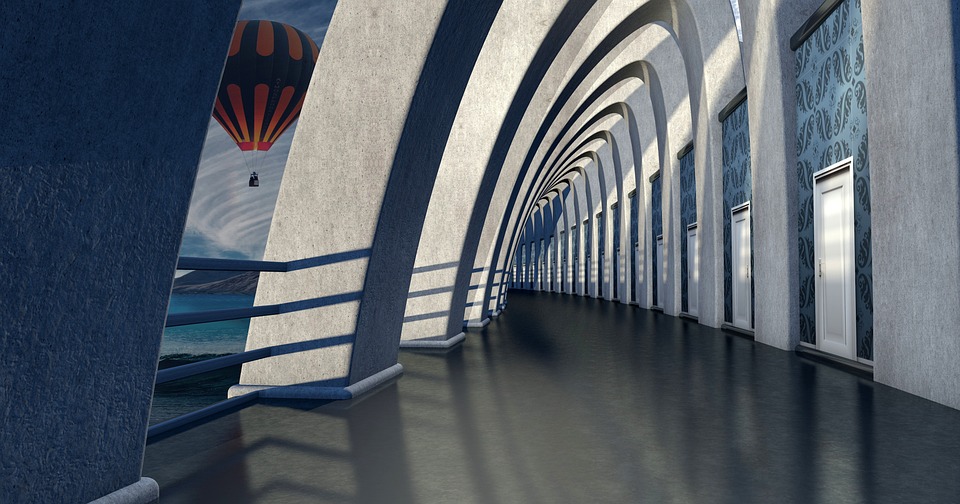Nightmares on Screen: The Psychology of Fear in Horror Movies
The Power of Fear
Horror movies have been captivating audiences for decades, tapping into our deepest fears and anxieties. From supernatural entities to deranged killers, horror films have a way of getting under our skin and keeping us up at night. But why do we subject ourselves to such terrifying experiences? The answer lies in the psychology of fear.
The Science Behind Horror
When we watch a horror movie, our brains go into overdrive, releasing adrenaline and cortisol in response to the perceived threat on screen. This physiological response is known as the fight-or-flight response, which prepares our bodies to either confront the danger or flee from it. This heightened state of arousal can be addictive, as our brains crave the rush of adrenaline that comes with experiencing fear.
The Role of Suspense
One of the key elements of horror movies is suspense, the anticipation of something terrifying happening. By building tension through music, lighting, and pacing, filmmakers are able to keep audiences on the edge of their seats, waiting for the next scare to come. This sense of anticipation can be both thrilling and anxiety-inducing, creating a rollercoaster of emotions for the viewer.
The Power of the Unknown
Another factor that contributes to the effectiveness of horror movies is the fear of the unknown. By leaving certain elements of the story ambiguous or unexplained, filmmakers are able to tap into our primal fears of the supernatural and the inexplicable. This sense of uncertainty can be deeply unsettling, as our imaginations fill in the gaps with our worst nightmares.
The Cathartic Experience
Despite the intense fear that horror movies can evoke, many people find them to be a cathartic experience. By confronting our fears in a safe and controlled environment, we are able to process and overcome them in a way that is both thrilling and empowering. This catharsis can be a form of emotional release, allowing us to confront our own fears and anxieties in a controlled setting.
FAQs
Q: Why do people enjoy watching horror movies?
A: People enjoy watching horror movies because they provide a thrill and a sense of excitement that is unlike any other genre. The adrenaline rush that comes with experiencing fear can be addictive, and many people find the experience to be cathartic and empowering.
Q: Are horror movies bad for your mental health?
A: While horror movies can be intense and frightening, they are not inherently bad for your mental health. In fact, many people find them to be a cathartic experience that allows them to confront their fears in a safe and controlled environment. However, it is important to be mindful of your own boundaries and to avoid watching content that is triggering or distressing for you.
Q: Why do people seek out fear-inducing experiences?
A: People seek out fear-inducing experiences because they provide a thrill and a sense of excitement that is different from everyday life. The adrenaline rush that comes with experiencing fear can be addictive, and many people enjoy the challenge of confronting their fears in a controlled setting.
Discover more from System Ent Corp
Subscribe to get the latest posts sent to your email.

